CODE RED: African Women Rising in Media and Tech (Social Media Week Lagos Event)
Dear Readers,
I’m breaking my blogging fast (I’ll explain later) to bring you news of some of the work that has been occupying my time in Nigeria.
(Yes, despite the fact that the government has gone crazy with their human rights violations of late, life must continue — hope will persist, allies will rally, and love will always win.)
Social Media Week Lagos (SMWLagos), a leading media platform and worldwide event with local presence and global reach across five continents, including Europe, North America, South America, Africa and Asia, kicks off this week in Lagos!
Last year, the week debuted as the first and only African city to serve as an official host for this global event. Naturally, Â there were a number of hiccups that coloured the week’s reception – scheduling issues, late starts, poor attendance etc, to name a few — but the organisers have clearly learned from their mistakes.
This year, Social Media Week has been way more organised, and judging from plethora of keynotes, workshops, and social events on their calendar (over 50), extra thoughtful about curating events hosted by and for a diverse group of constituents, including women.
Incidentally, I’m hosting an event called ‘CODE RED: African Women Rising in Media and Tech.’ In line with the theme, “The Future is Now: Always On, Always Connected”, CODE RED, a networking event, will facilitate connections between women who are trailblazing in social media and technology.
The event aims to not only celebrate the gains African women have made in media and tech, but ensure the sustainability of those gains, by broadening the conversation about gender in media to include girls, the next generation of media producers.
Check out the event below. And if you know any Nigerians/Africans attending Social Media Week Lagos who might be interested in this event, please share this post with them  :) Â
Love,
Spectra
—
AFRICAN WOMEN RISING
Technology has impacted everything, including media. Its rapid adoption has created new opportunities for media professionals to deliver content to their audiences, disrupting existing institutions and business models. As a result, Africa’s new media landscape is thriving, and women, no longer just passive consumers of media, but avid content creators, media producers, and tech innovators, are at the heart of it.
In Nigeria, women not only run the most widely-read blogs (Linda Ikeji’s Blog and Bella Naija), but are at the forefront of game-changing ventures such as the refreshing pan-African television station, Ebony Life TV, and new media tech startups, such as Ndani TV, the fastest-growing online video platform in Nigeria.
However, the sudden increase in visibility of women across digital media and technology doesn’t capture the entire story. In traditional TV, radio, and print across Nigeria (and indeed, the continent), African women’s voices are still under- and misrepresented.
FACT: According to a global report on the status of women in the media, 83% of all news subjects in the world (including Nigeria) were  male, while less than 17% were female.
There is a lot at stake.
The negative impact of the gender imbalance in media representation affects more than just women; adolescent girls who need positive female role models to inspire, guide, and fuel their aspirations, are stifled by the dearth of narratives about women.
Incidentally, the plethora of African women with powerful stories and expertise worth sharing often lack the media savvy to promote and amplify their work, thus, remaining invisible as success models to each other, and role models to the next generation of media producers: girls.
There is a lot at stake for women, but there’s even more at stake for girls. Â
Ensuring that African women and girls continue to participate in media and technology is critical for Africa’s success in the global tech and innovation arena. This is why we need everyone – including men – to invest in African women and adolescent girls as both producers and creators of media and tech. This is why we need you.
Now more than ever, we need fresh and creative perspectives to see this vision through; you might see yourself as an unlikely proponent of this agenda, but, on Wed February 19th, we invite you to see yourself differently.
CODE RED, an invite-only event for African women in media and tech (and those who love them), will convene trailblazers in media and tech for the purpose of galvanising an ecosystem that is both women and girl-friendly.
CODE RED is a call to action, an alert, both for the challenge and the opportunity ahead of us. It is a movement of culture shapers, amplifiers, and innovators coming together to unleash our collective power in the most important currency of this digital age — connections. Because where there are connections, there are solutions.
Are you a TV producer searching for positive girls’ story? A techpreneur in need of some good PR advice? A blog editor seeking new contributors? A digital media maven with klout to share? Most importantly, do you support girls and women in media and technology? If yes to any of the above, CODE RED is for you.
EVENT PROGRAM
Connect with African Women in Media and Tech
Meet and learn about African women in media, including TV, Film, Print, Web, and Mobile. Learn about African women trailblazers in technology, from brand new startup CEOs to popular mobile app developers.
Learn about Girl Hub Nigeria and Tech Cabal
Connect with the folks behind the girl effect in Nigeria, our work connecting and convening leaders for girls in Northern Nigeria, and our phenomenal event partners, Tech Cabal, a web blog at the forefront of the narrative about technology in Nigeria.
Join the CODE RED Movement
We’ve distributed invitations to over 100 media producers, content creators, tech innovators, and, change agents for the purpose of connecting, and intentionally amplifying each other’s work. We are expecting a room full of some of the brightest, powerful, influential, and inspiring leaders, and we hope you will be one of them.
EVENT DETAILS
CODE RED will take place at ‘A Whitespace’ in Ikoyi, Lagos, on Wednesday  February 19th. Dress code is semi-formal or traditional in your interpretation of CODE RED. Be there or…be there.
++CODE RED: African Women in Media and Tech++
Hosted by Girl Hub Nigeria in partnership with Tech Cabal
Wed February 19th, 5 pm – 8 pm
@ The Whitespace | 58 Raymond Njoku, Ikoyi, Lagos
Official RSVP (Required):Â http://coderedatsocialmediaweeklagos.eventbrite.com
Note: This is an invite-only event. To request an invitation (or nominate others to attend), please complete this form.
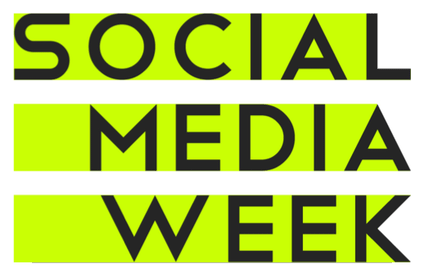
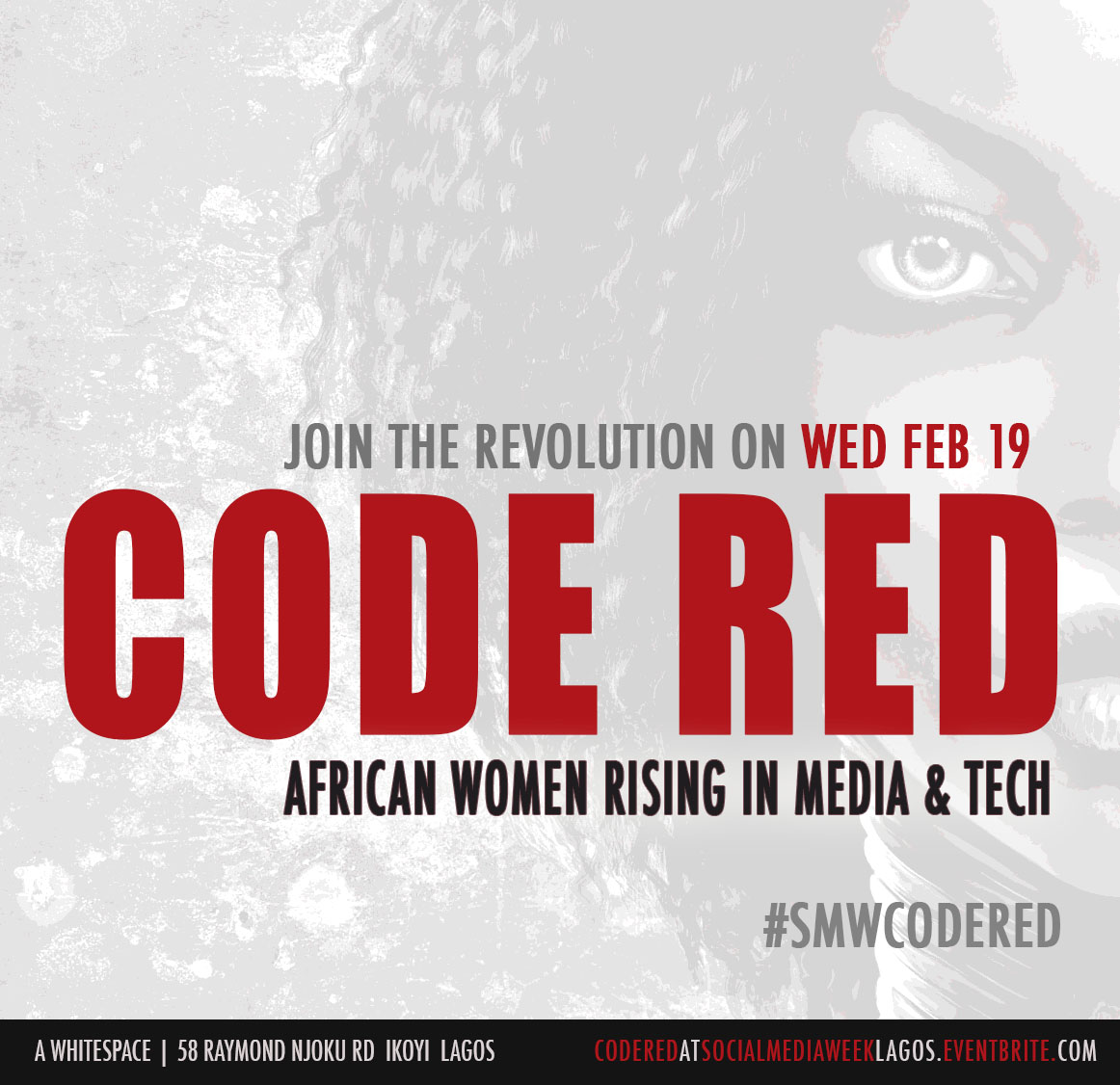
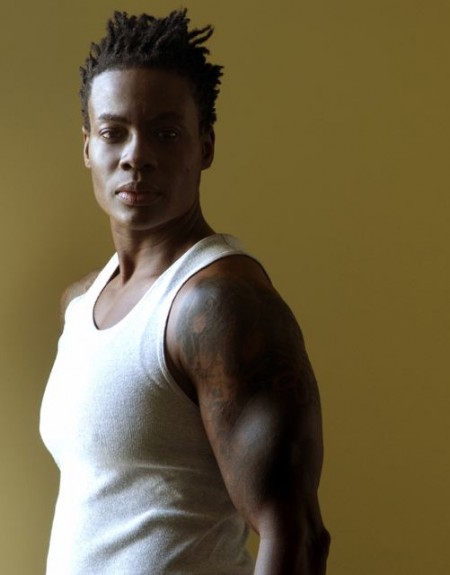

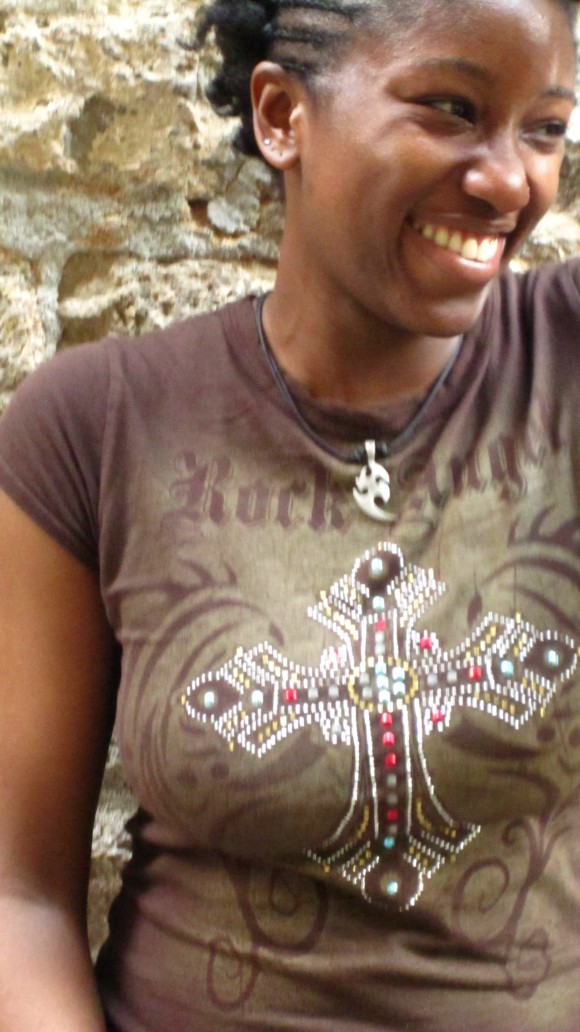
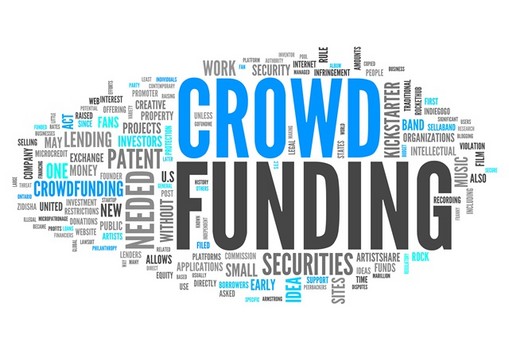


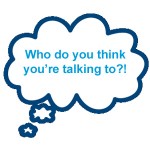 Tip 2: Know Your Audience
Tip 2: Know Your Audience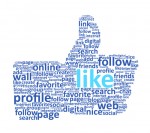 Tip 3: Trust Your Inner Circle Power
Tip 3: Trust Your Inner Circle Power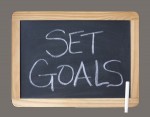 Tip 4: Set (Realistic) Goals
Tip 4: Set (Realistic) Goals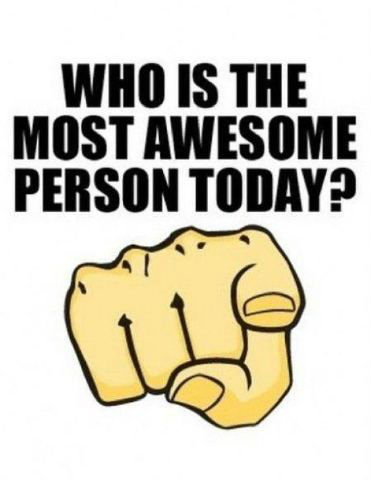 Tip 5: Recognition and Gratitude
Tip 5: Recognition and Gratitude

